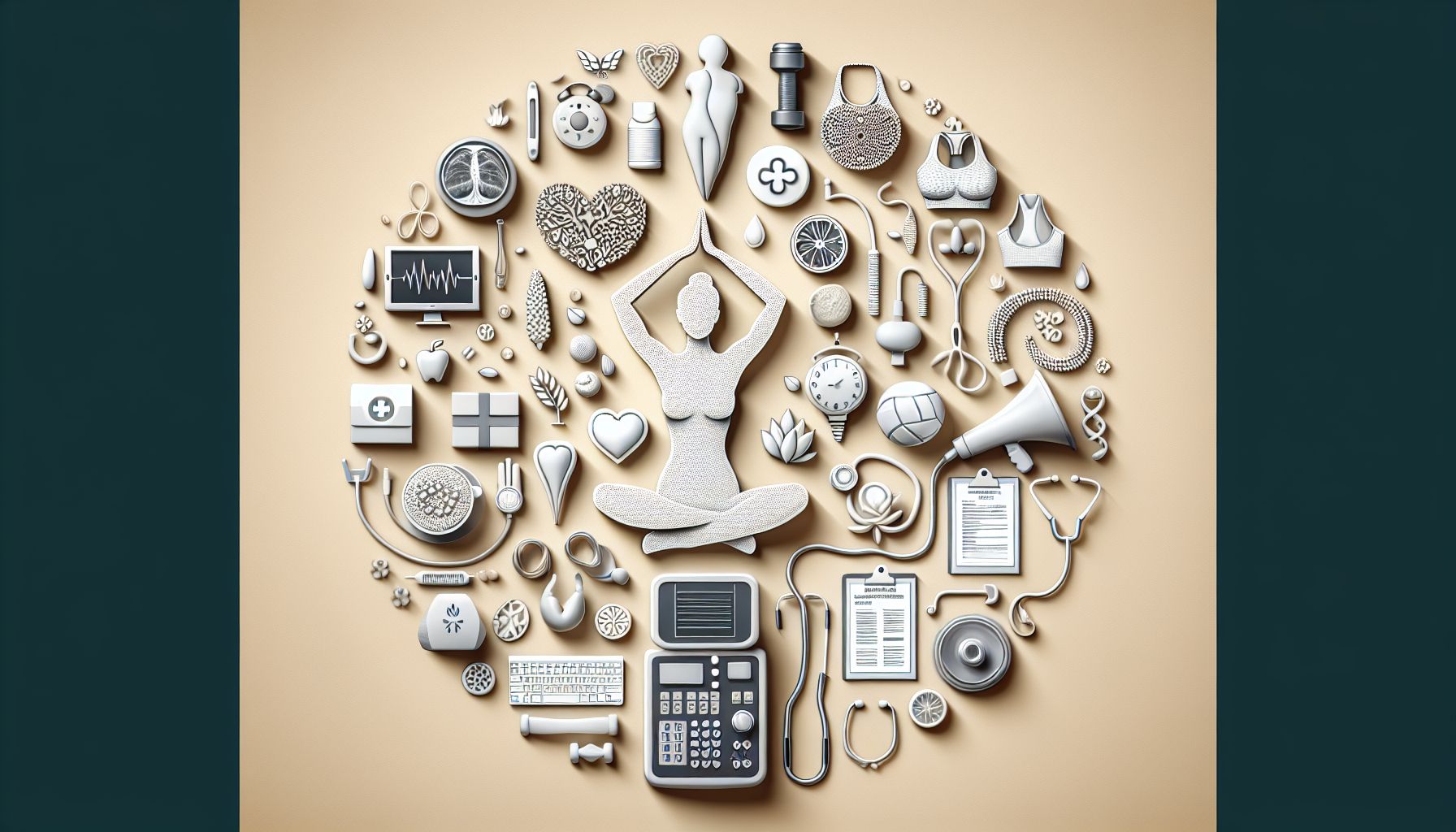
Understanding Women’s Health: A Holistic Approach
Women’s health is a multifaceted topic that encompasses the physical, mental, and social well-being of women across different life stages. From adolescence through menopause and beyond, women’s health involves a range of specific health concerns and conditions that require specialized knowledge and care. This guide provides a comprehensive overview of what women’s health entails, its importance, and how to maintain it effectively.
Defining Women’s Health
Women’s health refers to the branch of medicine focusing on the diagnosis, treatment, and prevention of diseases and conditions affecting women’s physical and emotional well-being. This field covers a variety of health issues, including reproductive health, hormonal changes, bone density, cardiovascular health, and more.
Key Components of Women’s Health
1. Reproductive Health: Encompasses menstruation, contraception, pregnancy, childbirth, and menopause. Regular gynecological exams are crucial for monitoring and managing these aspects.
2. Hormonal Health: Hormones play a significant role in women’s health, influencing everything from mood to metabolism. Conditions such as polycystic ovary syndrome (PCOS) and thyroid disorders are common hormonal issues.
3. Bone Health: Women are more prone to osteoporosis, a condition that weakens bones. Calcium and vitamin D intake, along with regular exercise, are essential for maintaining bone health.
4. Cardiovascular Health: Heart disease is a leading cause of death among women. A healthy diet, regular exercise, and managing stress are vital for preventing heart-related issues.
5. Mental Health: Women are more likely to experience depression and anxiety. Mental health support and self-care practices are crucial components of overall well-being.
How to Maintain Women’s Health
Maintaining optimal health involves a combination of lifestyle choices, regular medical check-ups, and awareness of one’s own body. Here are some strategies to enhance women’s health:
– Nutrition: A balanced diet rich in fruits, vegetables, lean proteins, and whole grains supports overall health.
– Exercise: Regular physical activity helps maintain a healthy weight, reduces stress, and strengthens the heart and bones.
– Regular Check-ups: Routine screenings, such as mammograms and pap smears, are essential for early detection of potential health issues.
– Stress Management: Techniques like yoga, meditation, and deep breathing can help manage stress and improve mental health.
– Sleep: Adequate sleep is crucial for physical and mental recovery.
Common Concerns and Conditions
1. Menstrual Disorders: Irregular periods, severe cramps, and heavy bleeding can signal underlying health issues.
2. Fertility Issues: Conditions such as endometriosis and PCOS can affect fertility. Consulting with a healthcare provider for diagnosis and treatment options is essential.
3. Menopause: Marked by the end of menstruation, menopause brings about various symptoms like hot flashes and mood swings. Hormone replacement therapy (HRT) is one treatment option, but should be discussed with a healthcare provider.
Expert Insights and Recommendations
Dr. Jane Smith, a board-certified OB/GYN, emphasizes the importance of personalized care. “Every woman’s health journey is unique,” she says. “It’s important to work closely with your healthcare provider to develop a plan that meets your individual needs.”
Pharmacist John Doe advises on medication safety: “Always consult with a pharmacist or doctor before starting any new medication, including over-the-counter options. Understanding potential side effects and interactions is crucial.”
Possible Side Effects and Precautions
While medications and treatments can significantly improve women’s health, it’s essential to be aware of potential side effects. Common side effects of hormonal treatments include nausea, headaches, and mood changes. Always follow dosage recommendations and consult healthcare professionals if you experience adverse effects.
Resources and Where to Find Help
– National Institutes of Health (NIH): Offers comprehensive information on women’s health issues.
– Centers for Disease Control and Prevention (CDC): Provides guidelines and updates on women’s health research.
– Our Site: For trusted products and resources related to women’s health, visit our website.
In Conclusion
Women’s health is a critical component of overall well-being. By staying informed and proactive, women can lead healthy, fulfilling lives. This guide aims to empower women with the knowledge and resources needed to make informed decisions about their health.
